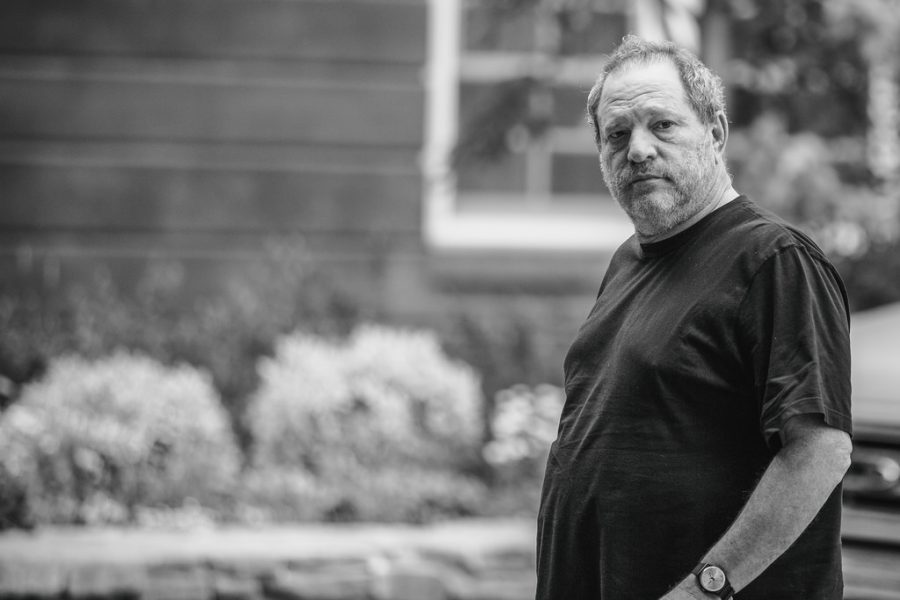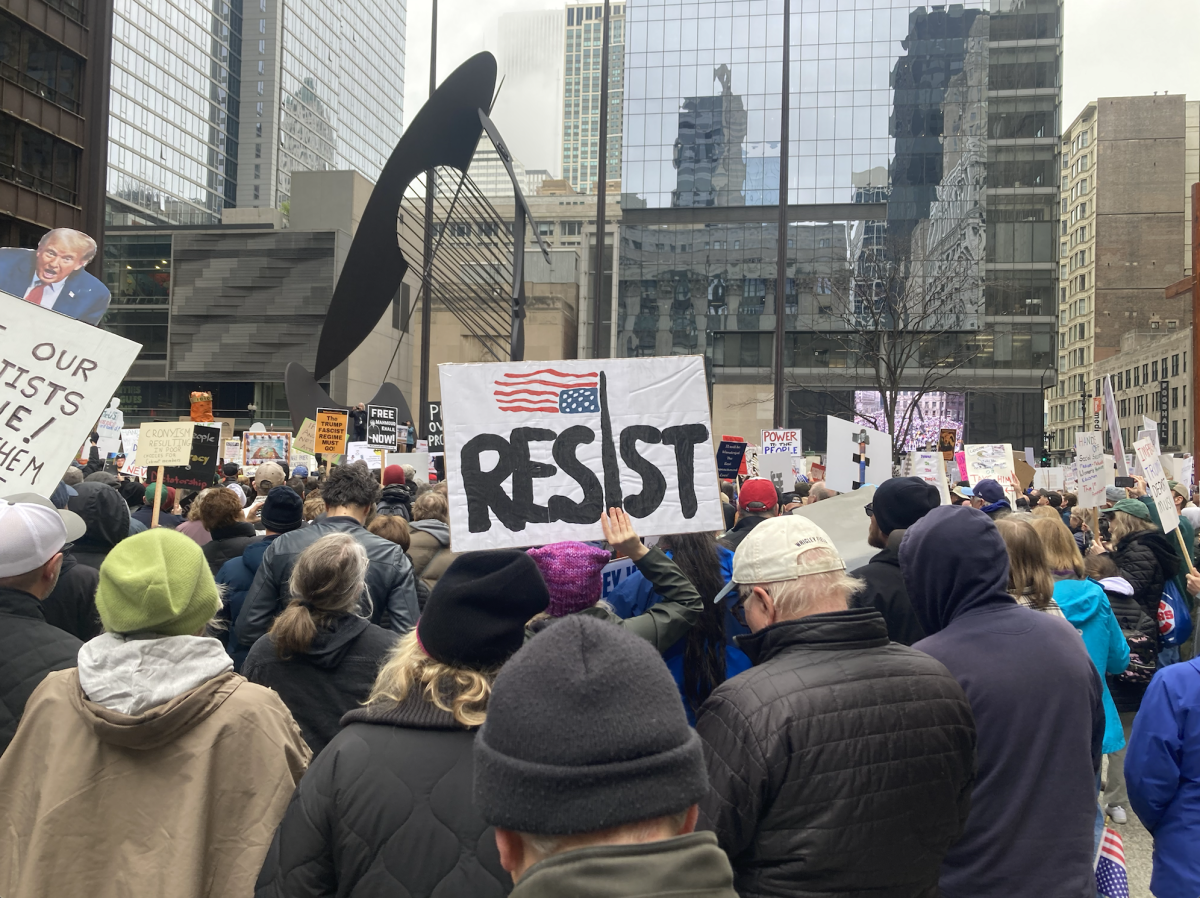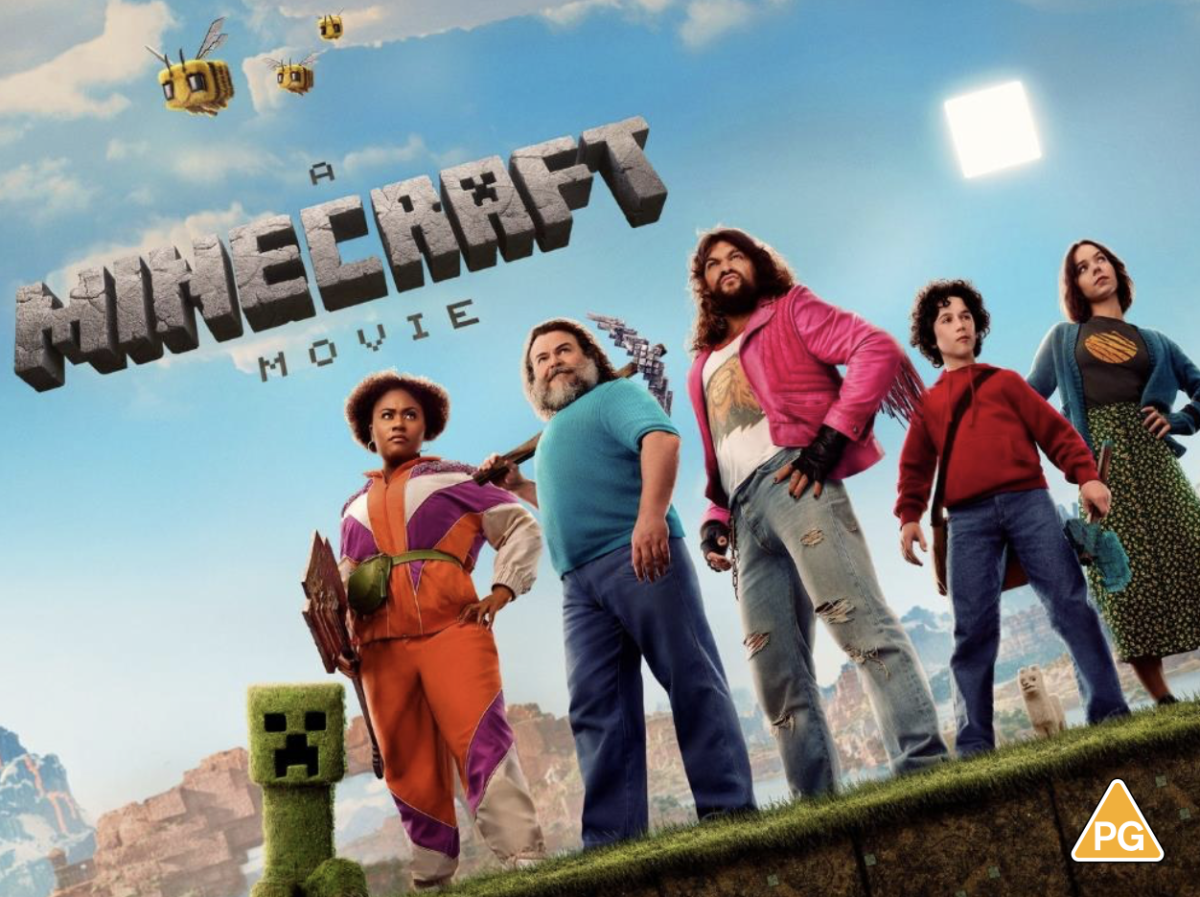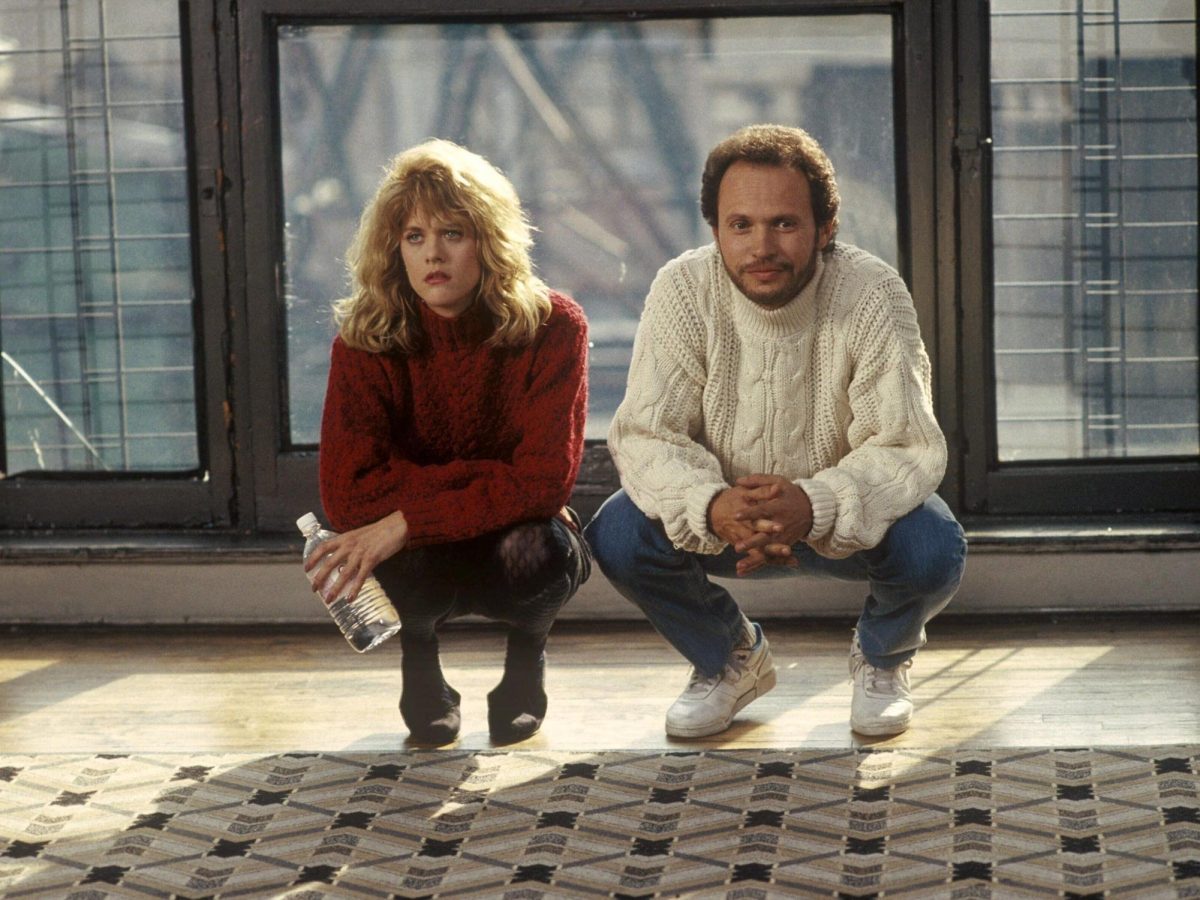The New York Times broke the Harvey Weinstein story on Oct. 5, followed by The New Yorker, with detailed allegations of sexual misconduct against the Hollywood mogul. More than 50 women have since come forth and spoken up about sexual harassment, and in some cases, alleging rape by Weinstein dating back to the 1970s. What is most shocking, beyond the sordid stories, is that we have a culture in which people have conspired to allow this to happen. Reactions from all quarters have been swift as the disgraced Weinstein was fired from his own company and stripped of his memberships in The Academy of Motion Picture Arts and Sciences, the British Academy of Film and Television Arts, and the British Film Institute. We have yet to see how the people who aided Weinstein in his predatory activities, either actively or by staying silent, will fare. As we increasingly hear more reports of sexual misconduct since the Weinstein story, we have to confront the pervasiveness of the problem, not just in Hollywood, but in all other industries and walks of life, as well as our collective moral failings. This is not just a community-wide or national conversation, it has also become a global dialogue and reckoning.
Society has fostered and sustained entrenched beliefs and a rigged system in which women face overwhelming obstacles in speaking up against sexual harassment and rape. Women have had to contend with the notion that misconduct is okay. There is a culture of fear and silence where family and friends, as well as victims may think coming forward is pointless. Furthermore, negative publicity upends victims’ lives, and they are forced to struggle with personal guilt and shame, fear of retaliation, and worries for job security. In some cases with Weinstein, women have signed non-disclosure agreements, which runs contrary to our first amendment rights. The existing mentality regarding sexual assault, double standards, and gender bias contribute to the economic and power disparities which perpetuate sexual misconduct. Yet perhaps the more recent accusations against Bill Cosby, Roger Ailes, and Bill O’Reilly, as well as Donald Trump, have magnified and justified the scrutiny, and a semblance of success in holding abusers accountable (with the glaring exception of President Trump) is paving the way for more women to speak up.
Members of our own community have taken on the issue from various angles. “It’s significant for all of us to be aware that women are victimized in this fashion regularly and that silence is not an option,” History department faculty member George Ovitt said. 10-12 Dean of Students Dean Jacoby is hopeful that the recent flood of sexual assault allegations is “not a momentary blip but a new reality that women feel confident to speak the truth to their experience, and feel that they will be heard and respected rather than shamed and denigrated.” There are also some thoughts for our students going forward. “It’s an essential thing to get people talking about it, especially young people going out into the world,” English department faculty member Peter Nash said. Casey Citrin, English department faculty member, believes that it is essential for students to have “a strong sense of values and character and be true to that. I would hope that people build their sense of resilience and strength so that they are ready for it.” Health teacher Ellen Soisson would like students to “have each other’s backs, and not just stand by when they hear someone being denigrated, or see them being pushed into doing something.” “You have to wake up and be aware and speak out and take a position. Silence is complicity. To say it doesn’t affect me is naïve. Everything affects us. Eventually, directly, indirectly,” said Ovitt.
The Weinstein story and its effects may not have been especially prominent on the student radar. Now is an excellent time for our students to have reflective conversations on the subject of sexual misconduct and what our moral responsibilities are with teachers, parents, and peers.














